Introduction
Capital Smart Motors Geely NEV Pakistan Over the past decade, Pakistan has searched for cleaner, cheaper transport options. Consequently, the recent Memorandum of Understanding (MoU) between Capital Smart Motors—a subsidiary of the seasoned HRL Engineering Group—and China’s Geely feels like a watershed moment. Initially, the partners will import fully built units (CBUs) of New Energy Vehicles (NEVs); subsequently, they intend to shift toward local assembly (CKD).
Moreover, the collaboration aims to transform Pakistan’s commercial‑vehicle market by introducing electric and hydrogen‑powered buses, trucks, and light commercial vehicles (LCVs) under Geely’s Farizon brand.
Capital Smart Motors Geely NEV Pakistan About the Partners
HRL Engineering Group
For more than forty years, HRL Engineering Group has delivered major infrastructure, energy, and industrial projects across Pakistan. Therefore, its reputation for execution and financial strength brings vital credibility to this NEV venture.
Capital Smart Motors
Specifically, Capital Smart Motors exists to champion green‑mobility solutions. As a result, the company will focus on electric trucks, LCVs, and buses that can shrink Pakistan’s carbon footprint and curb fuel imports.
Geely and Farizon
Meanwhile, Geely—a Global Fortune 500 automaker—owns the Farizon brand, which already operates battery‑electric and hydrogen commercial fleets in multiple regions. Hence, Geely contributes proven technology and supply‑chain muscle.
Scope of the Agreement
Phase 1: Import of CBUs
To begin with, Capital Smart Motors will import completely built units. This immediate step puts zero‑emission trucks and buses on Pakistani roads within months, thereby building early brand recognition.
Phase 2: CKD Assembly
Once market demand grows, the partners plan to install a CKD assembly plant in Pakistan. Consequently, localized manufacturing will slash landed costs, boost parts integration, and generate skilled jobs.
Renewable Infrastructure and Charging Solutions
In parallel, both companies commit to rolling out charging hubs, renewable‑energy stations, and smart‑mobility platforms. Thus, the supply side and the energy ecosystem will evolve together.
Policy Support and Government Incentives
Fortunately, Islamabad already backs NEVs with generous incentives:
- By 2030, policymakers want 30 percent of new sales to be electric.
- The NEV policy features reduced import duty, lower sales tax, and targeted subsidies for electric two‑ and three‑wheelers.
- Through 2027, NEV CBUs enjoy 25 percent import duty and a 10 percent sales tax.
- The government currently offers Rs 50,000 for e‑bikes and Rs 200,000 for e‑rickshaws.
Consequently, these carrots should trim oil imports and accelerate climate goals.
Capital Smart Motors Geely NEV Pakistan Significance of the MoU
Environmental Impact
When diesel buses exit city streets, tail‑pipe emissions plummet. Therefore, electric alternatives cut smog, greenhouse gases, and noise pollution—three pain points in urban Pakistan Capital Smart Motors Geely NEV Pakistan.
Economic Boost
Likewise, shifting from CBUs to CKD lines attracts foreign capital, spurs local entrepreneurship, and creates thousands of jobs across the automotive value chain.
Capital Smart Motors Geely NEV Pakistan Energy Security
Most importantly, each NEV reduces Pakistan’s dependence on imported diesel. In turn, lower fuel bills ease pressure on foreign‑exchange reserves.
Capital Smart Motors Geely NEV Pakistan Key Challenges
Even so, several hurdles demand swift action:
- Delayed Local Assembly – A prolonged CBU phase would stifle localization.
- Charging‑Station Deficit – Pakistan hosts too few fast chargers for heavy fleets.
- High Battery Costs – Cells still account for roughly half the vehicle’s sticker price.
- Regulatory Gaps – EV‑specific rules for registration and road tax remain incomplete.
- Low Consumer Awareness – Fleet operators require clear data on total cost of ownership.
Capital Smart Motors Geely NEV Pakistan Competitive Landscape
Meanwhile, Pakistan’s wider EV ecosystem grows rapidly:
- BYD already sells CBUs and plans fifteen brand‑experience centers by 2025.
- Regal Automobiles recently gained approval to assemble electric SUVs locally.
- Dewan Motors introduced the Honri VE electric van in Islamabad.
Nonetheless, Capital Smart Motors and Geely focus on the under‑served commercial‑vehicle niche, giving them a welcome first‑mover advantage.
Strategic Potential and Future Outlook
Local Manufacturing Hub
If all goes to plan, Pakistan could soon export NEVs across South Asia and the Middle East, thereby earning valuable foreign revenue.
Growth of Supporting Industries
Furthermore, localized production stimulates demand for batteries, inverters, and charging hardware, lifting allied sectors.
Renewable Grid Integration
Ultimately, pairing EV charging with solar and wind power—as well as battery‑swapping stations—will lock in low running costs and reinforce grid stability.
Capital Smart Motors Geely NEV Pakistan Impact Summary Table
| Area | Potential Benefits |
|---|---|
| Market Access | Rapid entry via CBU imports |
| Tech Transfer | Direct adoption of Geely–Farizon EV systems |
| Job Creation | Thousands of new skilled positions |
| Industrial Growth | Expansion in auto parts and green‑energy supply chains |
| Foreign Exchange | Lower oil imports and stronger reserves |
| Environment | Sharper cuts in carbon and noise pollution |
Capital Smart Motors Geely NEV Pakistan Policy Recommendations
To unlock maximum value, stakeholders should pursue several coordinated moves:
- Sustain Policy Continuity – Keep NEV tax incentives stable across political cycles.
- Expand Charging Infrastructure – Leverage public‑private partnerships for nationwide charging hubs.
- Introduce Affordable Financing – Offer low‑interest credit lines for fleet owners.
- Clarify Regulations – Standardize registration, insurance, and road‑use fees for EVs.
- Boost Public Awareness – Launch mass‑media campaigns on NEV safety, savings, and service.
Conclusion
In summary, the Capital Smart Motors–Geely MoU does more than import vehicles; it sketches a clear roadmap for a green industrial ecosystem in Pakistan.
Although challenges remain, the partnership can reshape transport, strengthen the economy, and safeguard the environment—provided that government, industry, and finance collaborate consistently.
Therefore, this MoU reads less like a contract and more like a blueprint for Pakistan’s clean‑energy future.
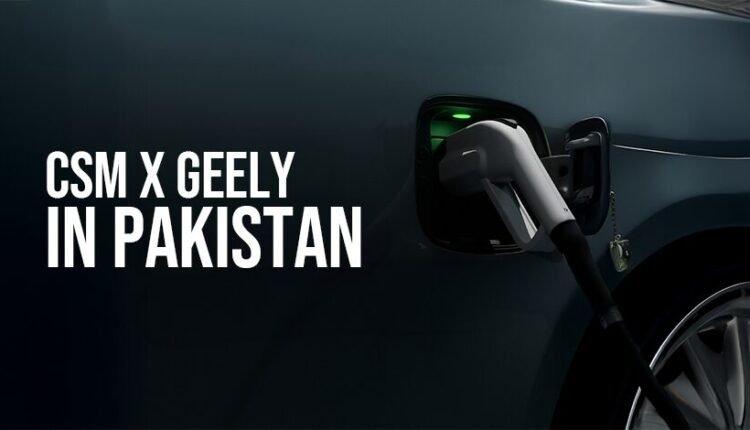
More Article
MG ES5 EV Coming to Pakistan – International Features
GWM Tank 500 PHEV Arriving Pakistan – International Specs & Features
Capital Smart Motors Signs MoU with Geely to Launch NEVs in Pakistan
Ask your anything

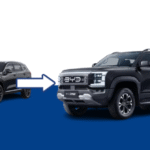
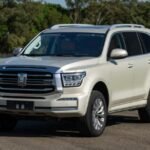
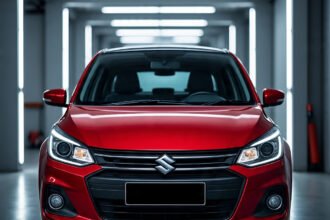
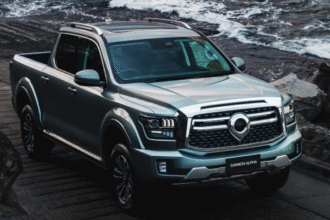
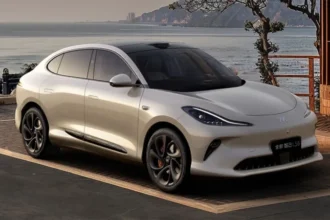

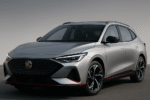
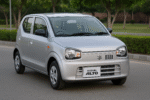
One Comment